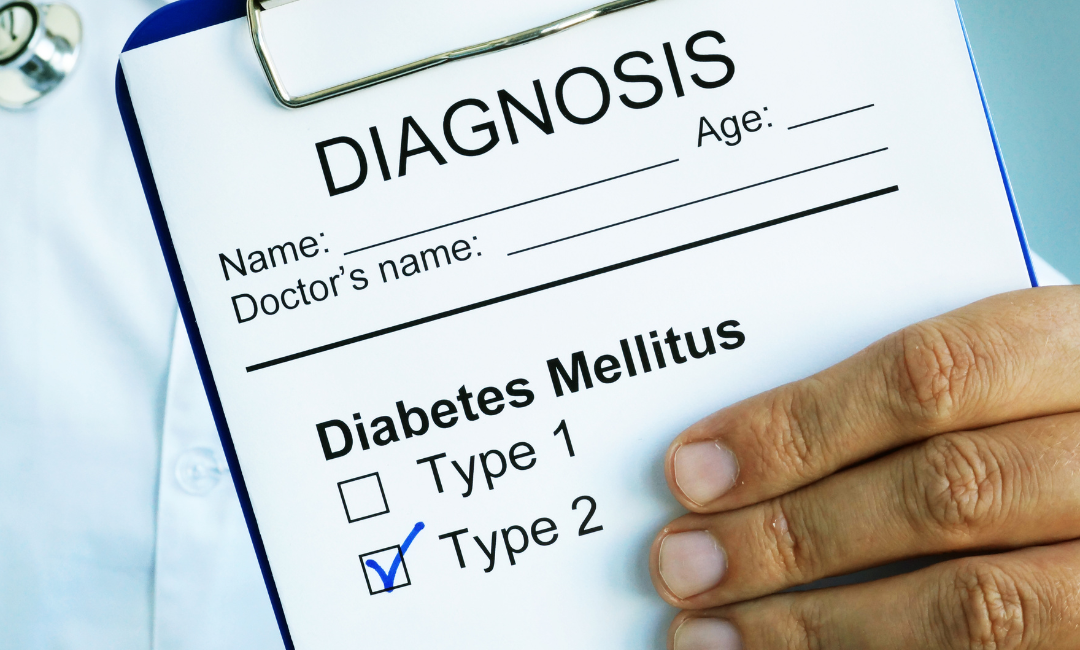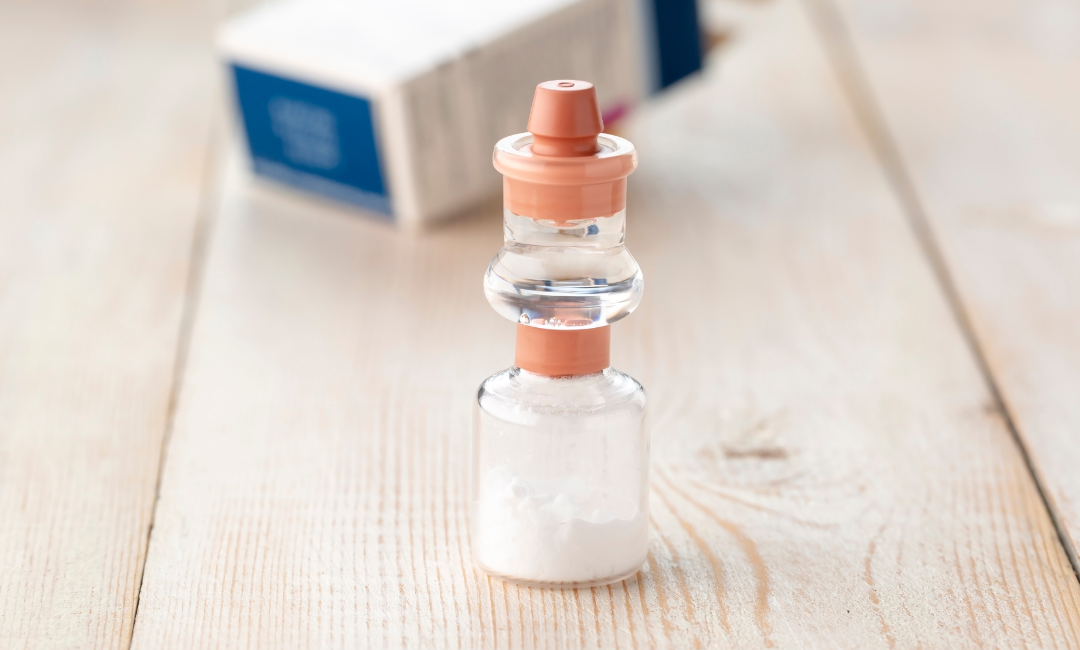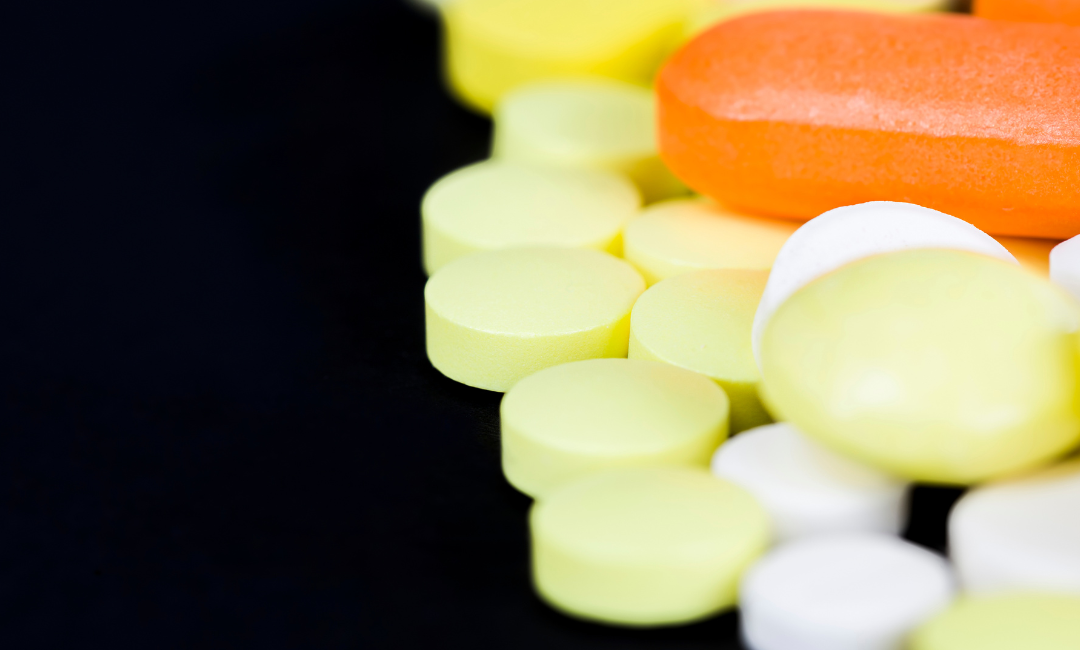Salicylates Increase Sweating & Decrease Temperature
Salicylates help lower fever by increasing sweating. They stimulate the hypothalamus and produce peripheral vasodilation. That promotes heat loss through the skin and cooling by evaporation.
Prostaglandin E increases body temperature, which the salicylates inhibit. Eventually, the temperature lowers when prostaglandin E and other inflammatory mediators are not produced.
Among all the salicylates, Aspirin inhibits platelet aggregation. It lowers the chances of blood clot formation by interfering with the production of Thromboxane A2– a substance necessary for platelet aggregation. Unlike Aspirin, other NSAIDs have a temporary effect on platelet aggregation.
Administer salicylates in the lowest possible doses.







